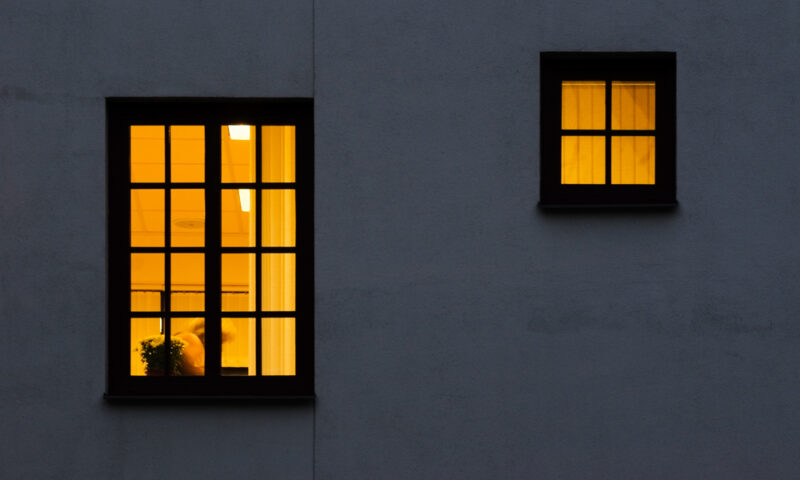
Embarking on the journey of making a house a home, for the second time, is as exciting as it can be. Whether you are looking to upgrade your current residence or simply having another place to call your own, there are significant decisions that come into play.
Whilst the knowledge you have gathered from your first purchase surely thought you a lot of what is right and wrong, a second property comes with its own set of challenges.
Follow our tips to make the right choice and understand the main decision-making options that differ from buying your first residence.
WHAT IS THE PURPOSE OF THE PURCHASE?
Understanding the main reason behind this new addition will help you analyse what you truly wish for. Second properties can be used as a vacation place for the family to enjoy during down-time, a retirement dream for when life gets easier and open to more enjoyment, an upgrade to what you already have or a letting investment.
Whichever one it is, take note of the main goal to keep that in mind not just when purchasing, but also when setting out plans for the interior. A multi-storey house might be ideal for a larger family, whilst an apartment or penthouse might be more suitable for a retirement plan.
BUDGET REALISTICALLY
During the purchase of your first property, you might not have had any ideas of the costs required for separate items and gone on a limb depending on your priorities.
This time round, that knowledge will serve you well, even just to allow you to create estimates. Your budget shouldn’t just stretch to the cost of purchasing the property, but also what is going to go in it; such as hidden costs upon property purchases, house contents, upgrades to facilities and running costs.
If you’re opting for a run-down place that requires a good sprucing up from the foundations, plan a good chunk of investment given labour costs have risen in the last couple of years.
If, on the other hand, you’re considering a newly-built property, consider that its price might be on the higher side due to the economy’s inflation.
PICK THE RIGHT LOCATION FOR YOU
The location of the property would have to tie in with the plans you have for it as well as when and how you would like to enjoy it. Whether it has sea views, country views or being right in the midst of the urban district, study the amenities surrounding it, plus calculate the distance and traffic to and from your main commute places.
Another reason to keep in mind is the location’s importance in the long-term, in case you would like to lease it out in the future. When or should that happen, remember to consider a landlord insurance for full protection and coverage.
OPT FOR INSURANCE
Never underestimate the power that peace of mind can give you. Discuss with your insurer about the best coverage options, from a Contractors All Risks insurance that covers construction or renovation, to a steady home insurance once all starts taking shape.
Keep in mind the two main sections under home insurance policies available; that which protects the property’s building and the home contents insurance.
CONSIDER FINANCING OPTIONS
Having a second home requires its own budget, not just for the initial purchase but also for its ongoing upkeep. With two homes, your monthly expenditure will increase. Planning finances beforehand will help settle your worries.
Discuss with your bank what loan options are available, calculate the loan rates and variations in interest. If you do have the monetary investment required, consider whether cashing it out or entering into credit might be the best option for your future plans.
Purchasing a second home is a fantastic idea, moreover if you go into it with the right mind frame and thinking process. Being well-prepared and investing in the right insurance are key ways to safeguard yourself from an unwanted surprise.
